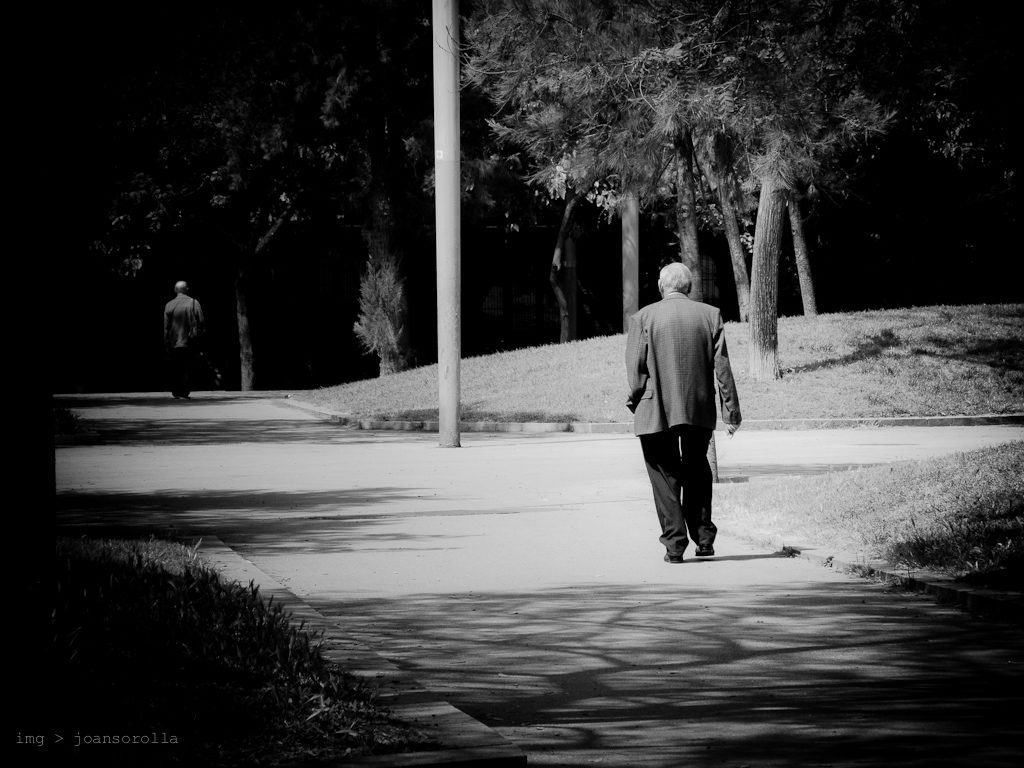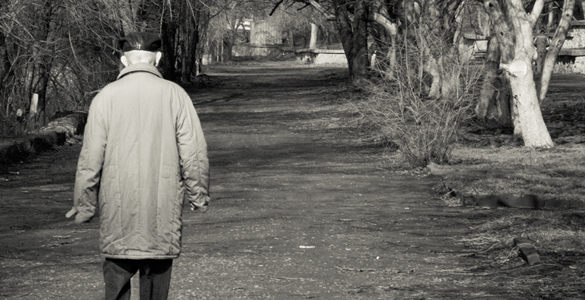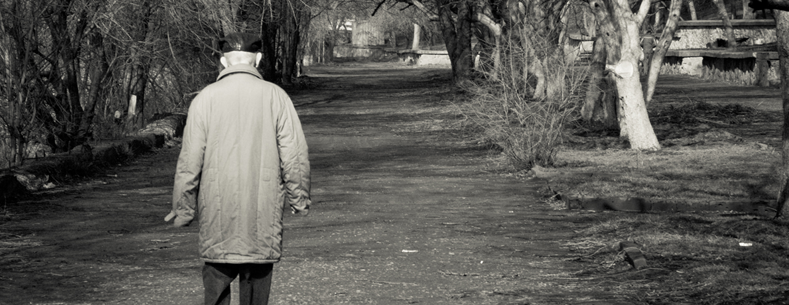Concern about loneliness and social isolation has been growing for some time, with a succession of studies and reports pointing to a worsening problem. Age UK, the British Red Cross and the Campaign to End Loneliness have all published reports on loneliness and how to address it. According to a British Red Cross/Co-op report, eighteen per cent of people in the UK feel lonely ‘always’ or ‘often’, which equates to 458,000 people in Wales. The report of the Jo Cox Commission on Loneliness at the end of last year urged communities to ‘start a conversation’ about loneliness.
Loneliness and isolation can affect anyone at any time but certain factors can impact on individual vulnerability.
Life transitions can reduce opportunities for social contact: adolescence, retirement, the onset of long term illness, disablement, the loss of a partner or close friend, are examples. Certain groups are more vulnerable, such as, older people, carers, services veterans, people from Black and minority ethnic (BME) communities, and those who are lesbian, gay, bisexual or transsexual. Geography and resources are factors: isolated communities with poor public transport offer limited opportunities for social contact; the loss or absence of community resources such as libraries and day centres reduces the number of meeting places; a lack of public toilets can discourage people from venturing out. For many individuals poverty increases social isolation.
Nevertheless, individuals respond differently to their circumstances and addressing the issues means taking a variety of approaches.  A first step is to identify people at risk of, or experiencing, loneliness and isolation and help them to become aware of local activities and support. In some areas ‘community connectors’ perform this role, often with volunteers, who help individuals to broaden their social networks. In this way, and for relatively modest expenditure, people experiencing loneliness and isolation can have their lives enriched. Social prescribing can also help; for some people social activities are better than antidepressants.
A first step is to identify people at risk of, or experiencing, loneliness and isolation and help them to become aware of local activities and support. In some areas ‘community connectors’ perform this role, often with volunteers, who help individuals to broaden their social networks. In this way, and for relatively modest expenditure, people experiencing loneliness and isolation can have their lives enriched. Social prescribing can also help; for some people social activities are better than antidepressants.
At the end of last year the Assembly’s Health, Social Care and Sport Committee published a report on its inquiry into loneliness and isolation. Its focus was primarily, but not exclusively, on older people, and one aim of the work was to influence the Welsh Government’s proposed loneliness and isolation strategy. The Committee’s report will be debated in in the Senedd on 14 February.
During its inquiry the Committee took evidence from a range of stakeholders working in health, social care and wellbeing services, from academics, and from the Older People’s Commissioner who has been active in highlighting these issues in Wales.
Committee Members also heard from people who have experienced the effects of loneliness and isolation in their own lives. They told the Committee that they felt communities are more dispersed, less connected and less trusting than they once were and that older people are now less likely to feel safe. They believed that people are reluctant to admit to being lonely and they often lose their self-confidence and become anxious about social interaction; people need to be made aware of local resources and sometimes offered support to join in. They felt that social media have both benefits and disadvantages – long distance contact can be easier, yet people can also become more isolated. They also believed that improving public awareness of loneliness and isolation would encourage people to talk about it and help to reduce stigma.
Evidence received by the Committee showed that there are numerous dimensions to the problems of loneliness and isolation and that the issues cannot be addressed by any single welfare service. It is the responsibility of a range of services, and of communities themselves.
There is a strong case for developing co-ordinated, cross sector working across Wales to reach the significant number of people whose lives are blighted by a lack of meaningful and fulfilling human contact. The Committee’s report emphasised the importance of this. Work to reduce loneliness and isolation can prevent or reduce serious health problems and greatly improve wellbeing, and would help meet current policy aims on prevention and wellbeing. In the longer term, such initiatives may help to reduce demand for health and care services, although there is a need for further research to gauge their impact.
There is an obvious role for Third Sector in tackling loneliness and isolation and the Committee heard about many examples of small scale community based schemes, often supported by volunteers, which help individuals to remain active and connected in their local communities. The Committee was particularly impressed with evidence on the benefits of intergenerational contact between children and older people and it recommended the Welsh Government undertake further work on this.
In many cases funding for Third Sector schemes is short term and insecure and the Committee recommended three year funding programmes for Third Sector initiatives. The Welsh Government has said it will work with the Third Sector and local government to improve financial stability in key services which address loneliness and isolation.
Raising public awareness of the problems of loneliness and isolation and the impact they can have on individuals might help to generate more public discussion and encourage individual action in families and communities. The Committee recommended that the Welsh Government embark on an awareness raising campaign to change attitudes to loneliness and isolation and address the stigma associated with it.
Article by Stephen Boyce, National Assembly for Wales Research Service
Image from flickr by Joan Sorolla. Licensed under the Creative Commons






